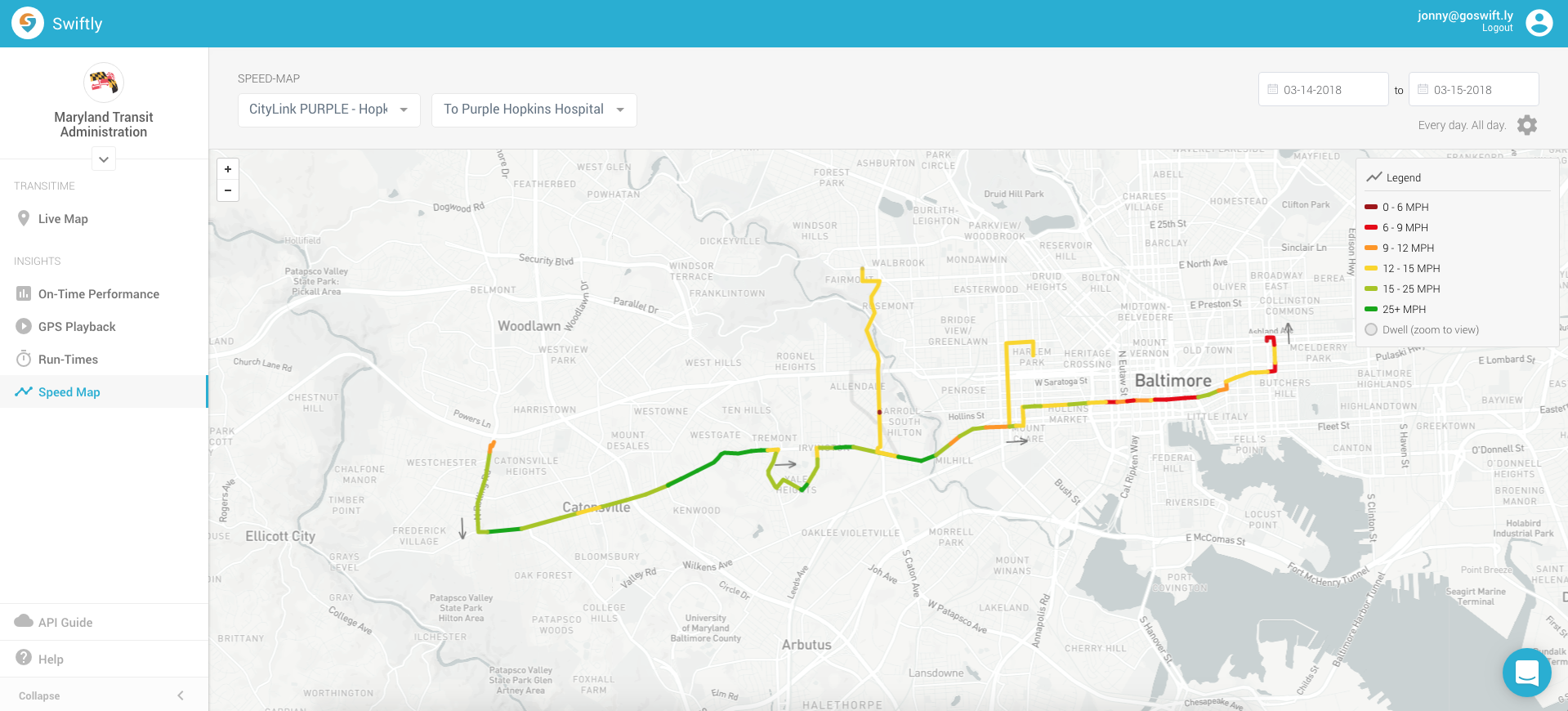Over the last couple of years, transportation has become a hot topic in the press. And that’s no surprise – our overall global population is increasing along with the percentage of people moving into urban areas. The current estimate is that an additional 2.5 billion people will move into urban areas by 2050. More people means more cars. Beyond the obvious environmental impacts, congestion costs the United States 2 to 4 percent of its GDP, affected by wasted commute time, fuel and cost of doing business. Current physical road networks can’t handle the load that’s already present, and construction is both costly and compounds the congestion problem. Some studies show that additional highway infrastructure actually increases the traffic load, exacerbating the problem instead of easing it.
It seems that every day we’re presented with another “industry-disrupting” innovation to address the problem: on-demand ride sharing, autonomous vehicles, boring giant underground tunnels to bypass the issue altogether. But these one-to-one or one-to-few rider/vehicle concepts won’t single-handedly solve our congestion problems.
The most impactful way to create cities that move is to increase vehicle occupancy rates. The more people per vehicle, the more we can start to alleviate congestion in the long run. According to the National Association of City Transportation Officials, a single travel lane of private vehicle traffic on an urban street might move 600 to 1,600 people per hour (assuming one to two passengers per vehicle and 600 to 800 vehicles per hour), whereas a dedicated bus lane can carry up to 8,000 passengers per hour. A light rail or train can serve up to 25,000 people per hour per travel direction.
Mass transit is an extremely efficient way to move people from A to B, and these networks are already in place. It’s available and affordable. So why aren’t more people utilizing it? Multiple studies conclude that the biggest objections are always reliability, scheduling and over-crowding.
Four years ago, we founded Swiftly to directly address these pain points. It turns out that the infrastructure to move people in an efficient way already exists, but resources aren’t being used as efficiently as they could be. By leveraging big data and developing predictive algorithms, we can transform how existing public transportation systems operate, thereby creating more efficient public transit networks, and improved passenger experiences.

We know that it works. Leveraging existing infrastructure, we’ve been able to make enormous strides interpreting and sharing actionable data in over 45 cities, improving public transit for 2 million riders per day. For example, in Baltimore, the Maryland Transit Administration has been using big data to focus on better routing, scheduling, and passenger information. They have already seen a 50% reduction in passenger complaints in 2017 from 2016 due to this approach. Perhaps more importantly, the agency is empowered to make smarter infrastructure decisions in the future as they gather even more data. The days of guesswork are gone. Swiftly is helping agencies make smarter decisions to make public transportation competitive again.
Mass transit has an essential and vital role in the future of transportation as the only feasible option that can support our growing urban populations. Rather than talk about provocative underground innovations that are going to somehow disrupt the industry, let’s talk about how to make our current infrastructure run more efficiently.
© CoMotion LA │ Powering a Sustainable Multimodal Future for All
Sign up for CoMotion NEWS, our must-read weekly newsletter that contains the most critical mobility news of the week, updates about: CoMotion events, the Fast Forward Podcast and more!